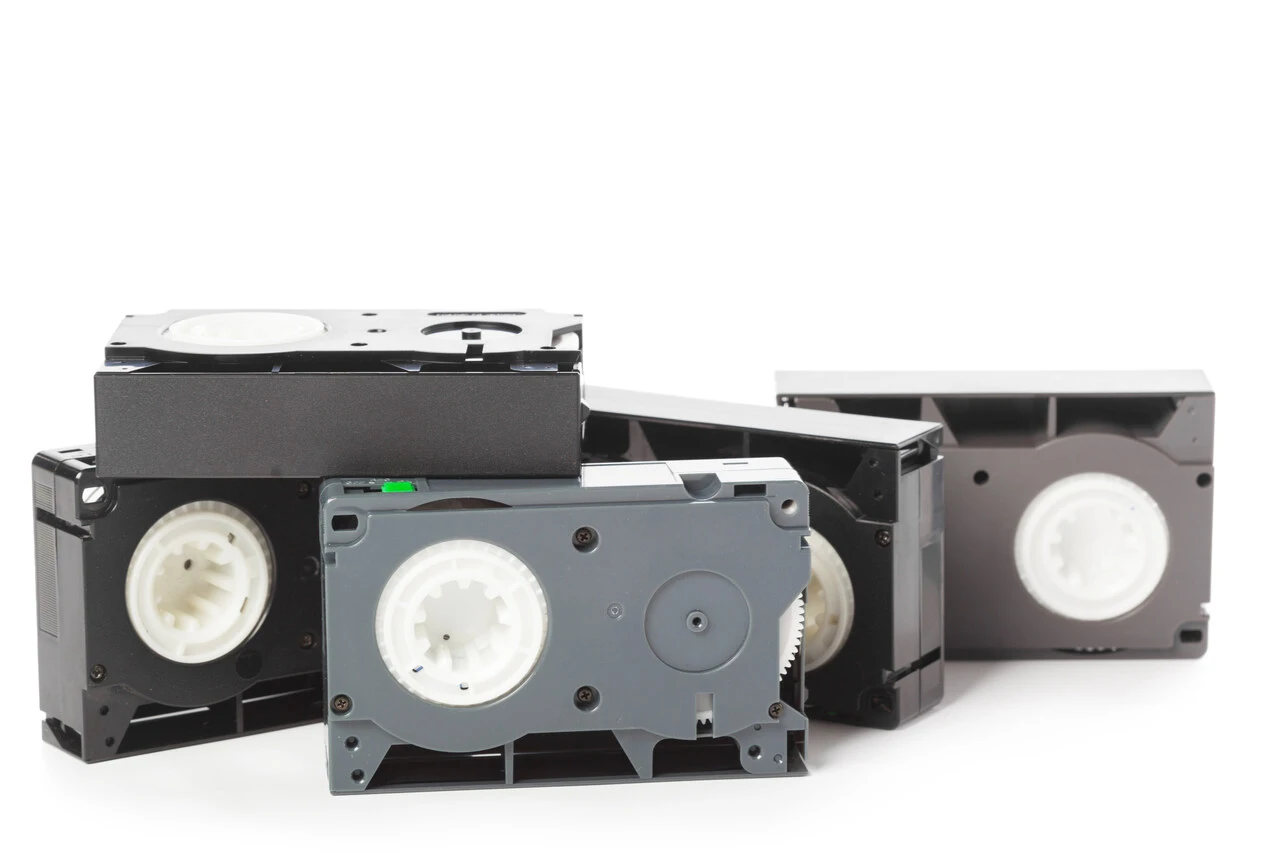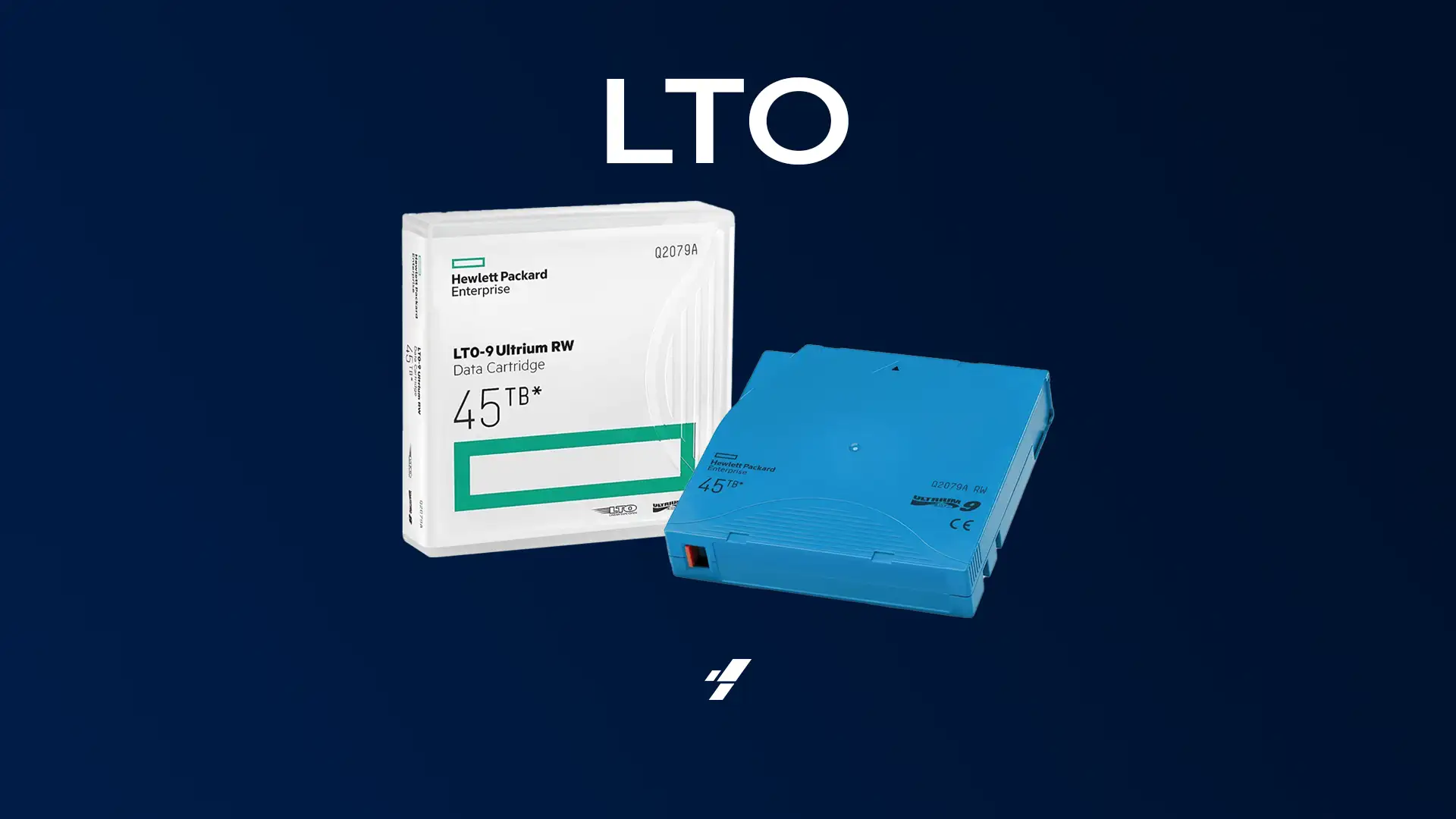We have developed unique solutions that can recover data on RAID 60.

WORLDWIDE SERVICE
RECOVERED DATA CENTERS
EXPERIENCE CONSOLIDATED
24H SUPPORT FOR EMERGENCIES
REMOTE DATA RECOVERY
TOTAL PROTECTION OF YOUR DATA
Recover RAID 60
RAID 60 is a disk storage system that uses two different RAID techniques – RAID 6 and RAID 0 – to provide a high level of redundancy and performance. It is a popular choice for businesses that need to store large amounts of data and require high availability, security, and speed. RAID 60 combines the fault-tolerant capacity of RAID 6 with the high-speed performance of RAID 0, making it an ideal option for businesses that require a combination of both.
Unlike RAID 5, which uses only one disk to store data parity, RAID 6 uses two disks for parity redundancy. This means that RAID 6 can handle up to two simultaneous disk failures without losing data. RAID 0, on the other hand, splits data across multiple disks to provide a high level of performance, but offers no redundancy or fault tolerance. RAID 60 combines these two techniques, creating a disk storage system that offers high availability, security, and performance.
The operation of RAID 60 is relatively simple. The system uses at least eight hard disks and divides the data into two disk sets. Each set of disks is configured as a RAID 6, which means that each set of disks can tolerate the failure of up to two hard disks without losing data. Then each RAID 6 set is configured as a RAID 0, which significantly improves the read and write performance of the system. By using these two RAID techniques together, RAID 60 can tolerate failure on up to four hard drives and still keep your data safe and available.
Although RAID 60 is a powerful disk storage solution, no storage system is infallible, and sometimes failures do occur. When this happens, data loss can result. There are many reasons why data loss can occur on a RAID 60 system, including hardware failures, human error, and natural disasters.
In all of these cases of data loss on RAID 60 Digital Recovery can act to recover all of the lost files.
Why Digital Recovery?
Digital Recovery is a company specialized in recovering RAID of all levels. We created a dedicated division to exclusively serve highly complex environments.
This business unit is known as Data Center Recovery Services and specializes in recovering data from RAID systems (0, 1, 10, 5, 50, 6, 60, vRAID, RAID-Z and JBOD), Storages (NAS, DAS and SAN) with Host Channel iSCSI, SAS and FC (Fibre Channel) from various manufacturers such as HP/HPE, Dell/EMC and IBM/Lenovo, Databases (Microsoft SQL Server, Oracle, MySQL, PostgreSQL, MariaDB, Firebird, DB2, Informix, Caché and Btrieve) and virtual machines (Microsoft Hyper-V, VMware, Citrix XenServer, Proxmox and Acropolis).
Even if you have received a negative diagnosis from a data recovery company, we are still happy to analyze your case.
We have developed software and hardware technologies that enable us to act with precision and agility in advanced diagnostic and data recovery processes. The creation of technologies – many of them proprietary and exclusive – has kept Digital Recovery on the cutting edge.
One of our technologies, called Tracer, is capable of generating differentiated results in data recovery from Virtual Machines, Databases and RAID systems. Through millions of calculations and analysis of millions of records, this technology makes it possible to drastically reduce project execution time, as well as increase success rates to almost 100%.
We are a Brazilian company with a branch in Germany. Other partnerships for information exchange and technology sharing are made between companies in countries such as the United States, Russia, and Ukraine.
In addition to providing services to governments, financial institutions, and small, medium, and large companies, Digital Recovery also provides services to other companies that are also active in the area of data recovery.
If your data is stored on a device located outside of the countries where we have labs, we have the technology to enable us to assess and recover your data remotely. If this is the case for you, please consult our department 24×7.
Should you need it, we can also provide you with a Non-Disclosure Agreement (NDA) in a language of your choice. Please talk to one of our experts about this.
Being fully aware of the existing levels of pressure and urgency in data center and cloud computing environments, we also offer a 24×7 urgency service. This type of service provides our customers with the ability to perform services 24 hours a day, 7 days a week, 365 days a year.
We are always online
Please fill out the form, or select your preferred contact method. We will contact you to start recovering your files.
Success Cases
What our customers say about us
"We had a serious issue following a NAS server power outage in Raid 5. I immediately contacted DIGITAL RECOVERY. After a few days of hard work the issue was resolved."

"One of our RAID servers had stopped. After several attempts without fixing the problem we found DIGITAL RECOVERY and 5 hours later, at 4:00 am, the data was recovered."

"We referred DIGITAL RECOVERY in a special case (data loss) in a storage RAID 5. Digital Recovery recovered 32 million files and the customer was extremely satisfied."

"Without any doubts the best data recovery company. Digital Recovery contact details will always be saved on my cell phone, as I will inevitably need it again."

"The quality of the service is excellent. The attention given to the service is gratifying and the feedbacks that are given leave us calm, knowing that we can trust in the work and dedication."

Customer since 2017
"Great company, they saved me from a big problem!!! I recommend them, what a quick service, my thanks to the Digital Recovery team for the attention and speed in solving the problem! Awesome!"

"The second time I count on the agility and professionalism of the Digital Recovery team, they are very experienced and agile. I recommend them to everyone"

They helped me recover some data that I had thought was lost. I had a great experience with the team for their calmness, agility, and transparency.










Answers from our experts
What are the main causes of data loss in RAID 60?
One of the main causes of data loss in RAID 60 systems is hardware failure. This can include hard drive failures, problems with disk controllers, or problems with the underlying infrastructure, such as cables and connections. When a hardware failure occurs, the RAID 60 system may not be able to access the data on one or more hard drives, which can result in data loss.
Human error can also lead to data loss on RAID 60 systems. This can include accidental deletion of files, incorrect formatting of disks, or improper system configuration. These errors can result in data being lost or damaged, especially if adequate backups are not available.
Finally, natural disasters such as fires, floods, and storms can also cause data loss on RAID 60 systems. If the underlying infrastructure is damaged, this can result in data loss, regardless of the redundancy and fault tolerance setting of the RAID 60 system.
Fortunately, there are steps that can be taken to minimize the risk of data loss on a RAID 60 system. The first and most important is to keep regular backups of the data. This can be done on external disks, in the cloud, or on a second RAID 60 system, for example. That way, if the main system fails, the data can be restored from the backup.
In addition, it is important to perform regular maintenance of the RAID 60 system, including monitoring hard disks, firmware updates, and replacing failed disks. This can help prevent hardware failures and ensure the integrity of stored data.
What is RAID 60 and how can it help prevent data loss?
RAID 60 is a disk storage system that uses two different RAID techniques – RAID 6 and RAID 0 – to provide a high level of redundancy and performance. It can help prevent data loss by providing parity redundancy and distributing data across multiple hard drives, ensuring that data is protected from disk failure.
How can regular RAID 60 system maintenance help prevent data loss?
Regular RAID 60 system maintenance can help prevent data loss through early detection of hardware and software problems. This includes monitoring hard drives, firmware updates, and replacing bad disks. By keeping the RAID 60 system in good working order, the risk of data loss can be minimized.
Latest insights from our experts

What is Flash Memory?
Since its invention in the 1980s, Flash memory has revolutionized digital data storage. Essential for mobile devices, digital cameras, storage units and more, it combines

Data portability on magnetic tapes
Data portability on magnetic tapes consists of migrating data stored on an old tape to a tape with current technology. Data portability is vital for

What are LTO tapes? Discover the power of long-term storage
LTO tapes, the acronym for Linear Tape-Open, represent a magnetic tape data storage technology developed in the late 1990s as an open format by a
What you need to know
Why is it important to have regular backups of data stored on a RAID 60 system?
Having regular backups of data stored on a RAID 60 system is important to ensure that in the event of data loss, the data can be restored from the backup. This can be done on external disks, in the cloud, or on a second RAID 60 system. Having adequate backups available is critical for data recovery in the event of data loss.
How to choose the right RAID system to prevent data loss?
To choose the right RAID system to prevent data loss, it is important to consider the specific storage needs and performance requirements of the organization. A data storage specialist can help determine which RAID configuration would be best suited to the needs of the enterprise. It is important to remember that choosing the right RAID system is crucial to ensuring the security and integrity of stored data.



